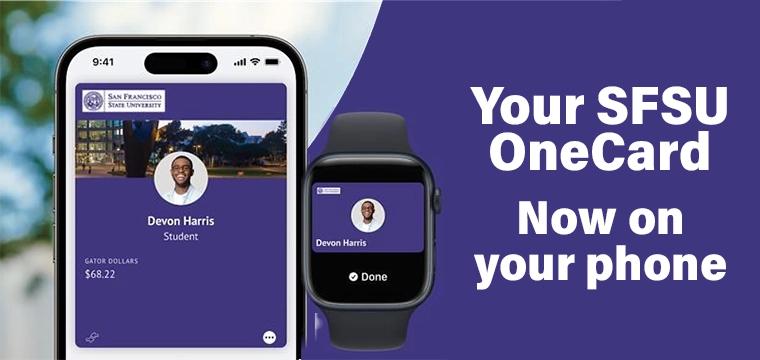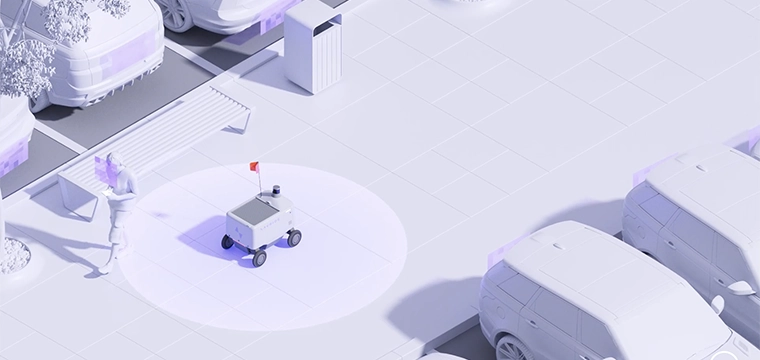The University of Minnesota’s U Card Office knows how to produce ID cards. They manage production and card services for more than 80,000 students, faculty, and staff at the main campus in Minneapolis and at the University’s three affiliate campuses. It was this ID card experience that got them involved with the Heart Failure Society of America and an innovative new magnetic stripe card reader that has implications for card offices across the country.
The University of Minnesota’s Continuing Medical Education Department awards continuing education units (CEUs) to attendees of Heart Failure Society’s annual conference. A part of this role includes significant participation at the group’s annual conference. Several years ago, the U Card staff began producing conference badges for the annual meeting as a tool to facilitate registration and enable participant tracking for the award of CEUs.
The conference is attended by cardiologists, pharmacologists, nurses, and other medical practitioners involved in heart-related care. As members attend an educational session or course, they are registered so that they receive proper credit for their participation. The challenge has always been how to quickly, accurately, and cost-effectively register the more than 2500 participants choosing between the numerous concurrent sessions.
For the past three years, the U Card office has provided laptop computers equipped with magnetic stripe readers to be transported between sessions to collect data. According to Heather Powell, Marketing Communications Manager for the U Card Office, “we utilize temps to help run the conference and the laptops always necessitated lots of training and technical support.” In addition, the per-station costs were high and the setup was cumbersome and awkward.
At the 2002 annual meeting to be held in Boca Raton, Florida next month, a new solution will be unveiled. The U Card office will utilize handheld Personal Digital Assistants (PDA) with on-board magnetic stripe readers in place of the bulky computers used in the past. The card is swiped through the reader on the PDA and the data is held in the PDA’s on-board memory.
Following the session or series of sessions, the data is transferred from the PDA to a computer via a USB cable. Says Ms. Powell, “the data is then merged into a Microsoft Access version of the original registration database and we can generate CEU certificates and mailing labels immediately after the conference.”
The software and card readers are provided Delaware-based TokenWorks Inc.™. The company’s magnetic stripe reader, called CardTool, slides into the expansion slot on any Handspring Visor PDA. The Handspring Visor utilizes the industry standard PalmOS. Using the basic CardScribe software that is provided with the CardTool reader, data from a magnetic stripe is captured and date/time stamped.
In addition to using the PDAs for continuing education tracking at the sessions, vendors in the exhibit hall can utilize the devices to track visitors to their booth. Visitors present their card to the vendor for swiping and the vendors, at the end of the show, downloads the collected data to a PC. The U Card staff will then query the file against the registration database and provide a file with visitor contact information to the vendor.
According to Ms. Powell, “for this application, we didn’t have to do any development work at all. It came ready to go.” For future on-campus uses, however, Ms. Powell intends to call upon the PalmOS development expertise in the University’s IT department. “We plan to replace the laptop setup that we use for off-line eligibility checking at campus events with the PDA. This may require some custom development but our IT staff is well equipped to take care of it in-house.”
When asked about her experience with the new solution, Ms. Powell sums it up, “You plug it in and it works. I just can’t get over it. I took the reader out of the box, stuck it into the PDA, and I was swiping cards.”
Heather Powell, Marketing Communications Manager for the University of Minnesota U Card Office, can be reached via email at [email protected]. Details on the TokenWorks™ card reader and software can be found at www.tokenworks.com.




